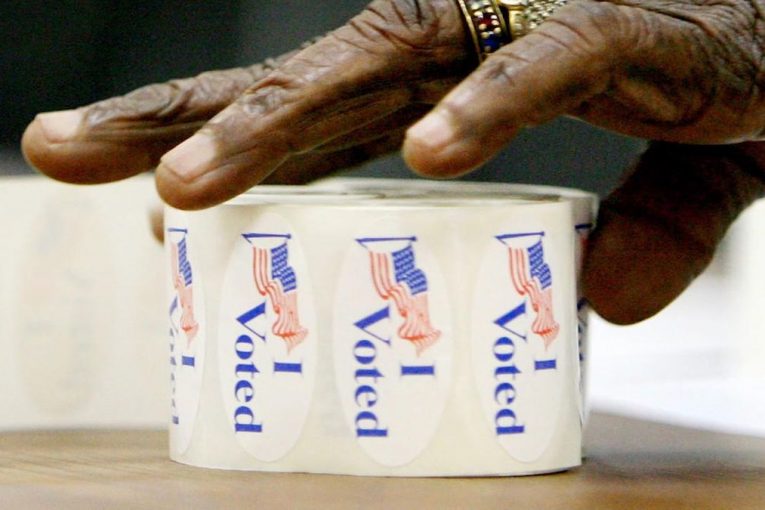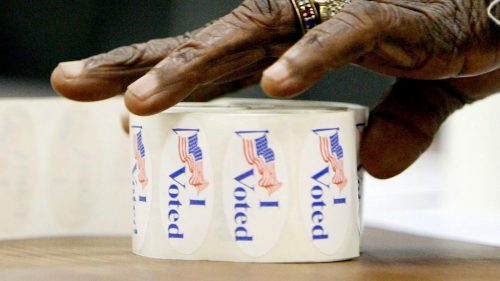

By Perla Brito
WASHINGTON, D.C. – A report published by The Sentencing Project this week revealed 4.6 million Americans with felony convictions will be denied voting rights in the 2022 midterms—meaning one in every 50 Americans will not be allowed to vote.
The Sentencing Project, a non-profit organization that advocates effective and humane responses to crime—that reduces incarceration and criminalization of youth and adults by addressing racial disparities and promoting racial, ethnic, economic, and gender justice—released the report as voting continues nationwide.
The group charged disenfranchisement distribution across correctional populations shows three out of four marginalized individuals living in their communities are on probation or parole under supervision or have fulfilled their sentences.
Executive Director of The Sentencing Project, Amy Fettig, argues, “While many states have taken steps to expand the right to vote to people with felony convictions, this report makes it clear that millions of our citizens will remain voiceless in the upcoming midterms.”
Fettig added, “It is time for our country to guarantee the right to vote for people with felony convictions,” arguing felony disenfranchisement is a tactic to control ballot access, similar to “poll taxes, literacy tests and property requirements” used in the past.
The report published by The Sentencing Project also notes the variation of disenfranchisement across racial and ethnic groups…racial and ethnic disparities are seen as communities of color are heavily impacted by felony disenfranchisement. 
One in 19 African Americans of 18 years or older are disenfranchised at a rate 3.5 times higher than non-African Americans, the report details, and approximately 506,000 or more Latinx Americans of voting age are disenfranchised.
The report states more than one in 10 African Americans of voting age in Alabama, Arizona, Florida, Kentucky, Mississippi, South Dakota, Tennessee, and Virginia are disenfranchised. Women account for one fifth of the disenfranchised population.
Co-author of The Sentencing Project report, Christopher Uggen, said “despite state-level reforms and the hard work of voting rights advocates, millions of Americans remain disenfranchised, representing 2% of the voting eligible population.”
Uggen stressed the urgency of restoring voting rights to individuals with felony convictions.
“In this election year, the question of specific voting restrictions, the broader issue of voter suppression, and the disproportionate impact on marginalized communities, should be front and center on the public agenda,” Uggen said.
The authors allege many U.S. states have minimized voting restrictions for Americans with felony convictions, but Southeastern states have remained adamant about their restrictions.
Senior Director of Advocacy of The Sentencing Project, Nicole D. Porter, emphasized, “The fact that one out of every 50 adults is disenfranchised due to a felony conviction is unacceptable.” Porter said polling shows a large percentage of American voters support restoring “voting rights for all justice-impacted citizens.”
The Sentencing Project published research investigating felony disenfranchisement in 2020. The report, “Locked Out 2022: Estimates of People Denied Voting Rights Due to a Felony Conviction,” is a revised and improved version of that research.